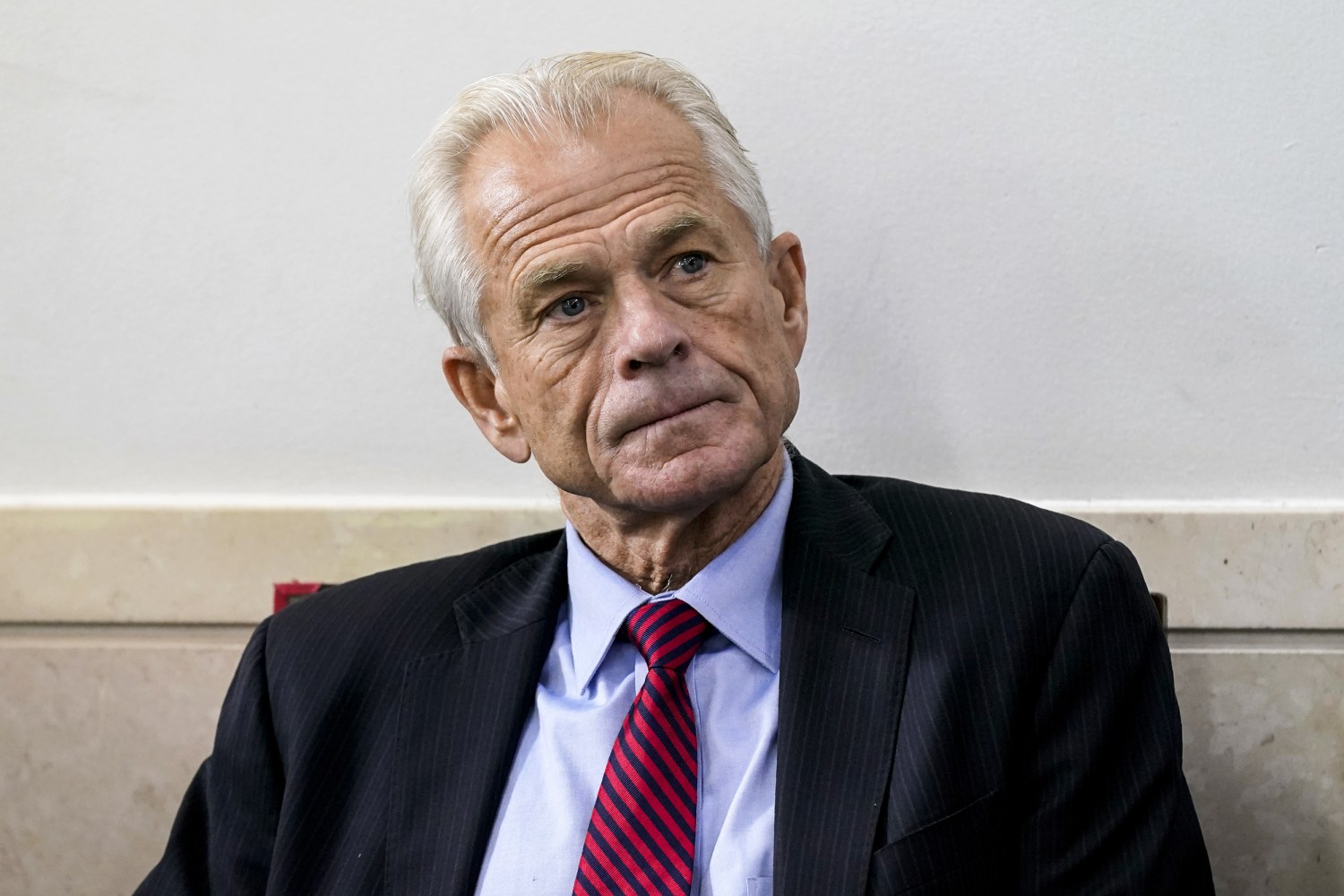Peter Navarro, once an adviser to former President Donald Trump, faces a possible prison sentence following his conviction for contempt of Congress.
This development comes after a federal judge sentenced the former Trump staffer to four months in prison for his refusal to participate in a congressional investigation concerning the Jan. 6 attack on the Capitol.
Navarro, convicted of contempt, anticipates Supreme Court appeal

Navarro’s conviction, stemming from two counts of contempt identified in September—one for not producing documents demanded by the investigation and another for failing to appear for his deposition—marks a significant moment in the ongoing legal ramifications of the Jan. 6 events.
In a recent interview with Newsmax host Eric Bolling on “The Balance,” Navarro expressed his anticipation of the case reaching the Supreme Court, revealing that an appeal was filed minutes after the sentencing.
“So I have said from the outset and on this show that I fully expect this case to go to the Supreme Court; we appealed it within minutes of the prison sentence. The prison sentence was not my judgment … quite harsh,” Navarro shared.
Read More: Trump can stay on Illinois 2024 ballot after 14th Amendment challenge – Officials
Navarro faces imminent prison time amid ongoing legal battle
His comments underscore the legal strategy he intends to pursue despite acknowledging the immediate prospect of incarceration, “So it’s hard to square that, but I could be in prison within less than 60 days,” he added.
U.S. District Judge Amit Mehta, who presided over Navarro’s case, has yet to decide on deferring the sentence pending written arguments from Navarro’s counsel.
The prosecution has criticized Navarro for his “utter disregard” for the legal process and for demonstrating “utter contempt for the rule of law,” resulting in a $9,500 fine alongside the prison sentence.
Navarro’s defense centers on executive privilege and constitutional principles
Navarro’s defense hinges on the belief that executive privilege exempted him from complying with the House committee’s subpoena, a point of contention that Navarro believes implicates broader constitutional principles regarding the separation of powers.
Navarro, in his discourse, has consistently framed his legal troubles as politically motivated, arguing that they represent an assault on the Constitution’s separation of powers.
“I didn’t want this. But I’m at a moment in history where the United States versus Peter K. Navarro will determine the future of the constitutional separation of powers as it pertains to something that goes back to George Washington, which is the use of executive privilege as a way to ensure the best kinds of decision making in the Oval Office,” he stated.
Also Read: Parent frustration at social media companies grows ahead of tech CEO hearing
Navarro’s case: Constitutional debate with political implications

This defense suggests a pivotal constitutional discussion, one that Navarro believes could impact the very foundations of executive advisory confidentiality and the president’s ability to receive candid counsel.
The case against Navarro not only touches on legal and constitutional questions but also delves into the political realm, with Navarro suggesting that his prosecution is a precursor to a larger goal: the imprisonment of Donald Trump himself.
Navarro warns of potential political ramifications beyond his case
“If I can go into prison … I’m telling you, everybody watching this show … needs to wrap their head around the idea that they can put Donald Trump in prison,” Navarro articulated, viewing his predicament as part of a broader strategy to undermine Trump’s potential reelection.
This perspective frames Navarro’s legal battle as not just a personal struggle but a significant episode in the ongoing political saga surrounding the aftermath of the Trump administration and the Jan. 6 attack.
Read Next: UN Chief calls for resumed funding for Palestinian aid agency amid controversy
